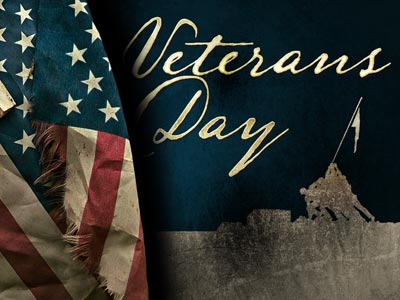-
Christian Liberty Series
Contributed by Dean Rhine on Nov 28, 2017 (message contributor)
Summary: The role of Christian Liberty
Romans 14 - Christian Liberty
Turn with me this morning, to the book of Romans, chapter 14. We have been going through the book of Romans together, and today we come to the 14th chapter. In the book of Romans, Paul tells us that we have good news - even though we deserve condemnation for our sins -- all people, out and out sinners, good moral people, and even religious ones deserve the condemnation from God -- and even though we can’t earn our salvation, God, in His marvelous grace, offers us forgiveness through the sacrifice of Jesus Christ dying in our place to pay the penalty of our sins. The righteousness of Christ has been credited to our bankrupt account. And that IS good news for all who will by faith choose to receive that salvation and follow God.
In light of what Paul tells us in chapters 1-11, the doctrine of what is true, in chapters 12 - 16, we see our duty, HOW we should live in light of what is true. We saw in chapter 12 that we are not to make a sacrifice, but to BE a sacrifice, to live our lives for God’s glory. Paul has reminded us that we need to STOP being conformed to the world - being camouflaged to fit right in; instead, there should be something different about us, we are to be internally changed, just like a caterpillar becomes a butterfly. If we are going to seek to honor and obey God, we aren’t going to just make a few external changes to the things we do, but internally, in our hearts, we need to change and recommit to obey God.
Paul tells us we are to be serious about serving, using our gifts for the good of the church and the glory of God. And he tells us we are to be outgoing towards others, seeking to show our love in a thousand practical ways. In chapter 13 Paul tells us that when we choose to be a living sacrifice, it will change the way we relate to our government. And today, we go on to chapter 14, and see that when we are internally changed, it will affect the way we live out our lives in any number of practices where Christians differ. Let’s first read the chapter together, and then we’ll talk about what it means for each one of us.
Read 14:1 - 15:7 Pray
We come today to one of the key principles of the Christian life: Christian liberty. Christian liberty is the freedom we have in Christ to be led by the Holy Spirit, our consciences, and the principles of the word of God in deciding about issues where the scriptures do NOT clearly speak. Hundreds of practices are never clearly identified by the scriptures as to whether they are acceptable or unacceptable. These are the areas of Christian liberty. Some examples of these types of issues:
•Sunday activities: working, buying, selling, sports, amusement
•Dress & Styles: shorts, pants on women, necklaces/earrings on men, hair length, piercing body parts, tattoo
•Alcohol: social use, eating/buying where it is sold
•Cultural events: art, drama, literature, music, type of novels read
•Entertainment: dancing, rollerskating, cards, movies, TV, mixed swimming
(not mixed bathing - that’s definitely out! - but mixed swimming)
•Tobacco: smoking, chewing, growing it
You might say, I know exactly which of these are right and which are wrong. And if we’d make out a list, we should all be able to identify which are right and which are wrong; but the reality is that each of us might mark those lists differently. And we all might be correct! Because some things can be right for one person and wrong for another! That’s what Christian liberty is all about. On issues where the scriptures don’t give a definite answer, being able to come up with an answer as we are led by the Spirit of God.
Now, there are two extremes on issues of Christian liberty: One one extreme you have the . . .
• Legalist: one who imposes his non-biblical convictions on you with the necessity of doing them. On the other hand you have the . . .
• Antinomian: one who, stressing being saved by Christ and his freedom in Christ, feels free to do whatever he chooses. And the reality is that both of these extremes are wrong.
And as we discuss this, we need to set down two basic beliefs that are fundamental to everything be believe:
•What the scriptures forbid, we cannot allow. --and •What the scriptures allow, we cannot forbid.
So, very simply, these are matters where the bible is not clear. Now please don’t misunderstand this: on issues of murder, stealing, adultery, drunkenness, lust, and the like -- we have very clear guidance in the scriptures, and these are not debatable. We ALWAYS must obey God. But what about when God is silent. That is where the topic of Christian liberty comes in to play.

 Sermon Central
Sermon Central



